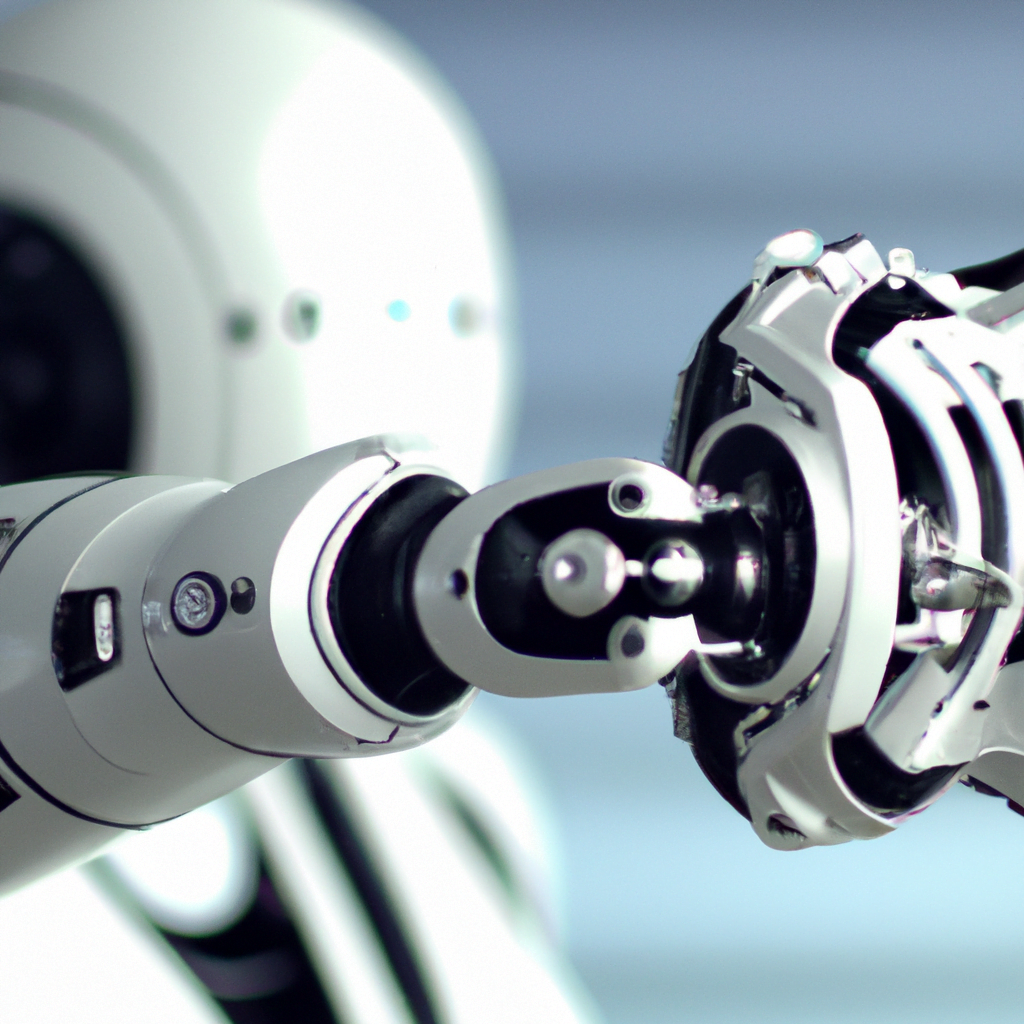The potential of AI for improving student outcomes
Artificial Intelligence (AI) is transforming the way we live and work, and education is no exception. In fact, AI has the potential to revolutionize the way we learn, making education more personalized, efficient, and effective. Here are some ways AI can improve student outcomes:
Personalized Learning
One of the biggest advantages of AI in education is its ability to personalize learning. Every student has unique strengths, weaknesses, and learning styles, and AI can help identify these individual differences and tailor the learning experience accordingly. For example, AI-powered educational software can adapt to a student’s pace, provide real-time feedback, and offer customized content based on the student’s interests and abilities.
AI-powered virtual tutors can also provide one-on-one guidance and support to students, answering questions, explaining concepts, and providing feedback. This personalized approach to learning can help students stay engaged and motivated, leading to better learning outcomes.

Automated Grading
Another benefit of AI in education is its ability to automate grading. Traditionally, grading papers and assignments is a time-consuming and subjective process that can be prone to errors. With AI, grading can be done quickly and accurately, freeing up teachers’ time to focus on providing feedback and instruction.
AI-powered grading systems can also provide detailed analytics on student performance, identifying areas of strength and weakness and providing insights for improvement. This data can be used to personalize learning, provide targeted interventions, and monitor student progress over time.
Predictive Analytics
AI can also be used to make predictions about student outcomes. By analyzing student data such as grades, attendance, and behavior, AI can identify students who are at risk of falling behind or dropping out. Teachers and administrators can then intervene early with targeted support, such as tutoring or counseling, to help these students stay on track.
AI can also be used to predict future performance and career paths based on student interests and aptitudes. This information can be used to guide students in making informed decisions about their education and career goals.
Ethical Considerations
While the potential of AI in education is exciting, it’s important to consider the ethical implications of using AI in the classroom. For example, there are concerns about data privacy, bias, and the potential for AI to reinforce existing inequalities. It’s important for educators and policymakers to address these concerns and ensure that AI is used in a responsible and ethical manner.
Conclusion
In summary, AI has the potential to transform education by providing personalized learning experiences, automating grading, and providing predictive analytics. However, it’s important to consider the ethical implications of using AI in the classroom and ensure that it’s used in a responsible and ethical manner. With thoughtful implementation and careful consideration, AI can help improve student outcomes and prepare students for success in the 21st century.






